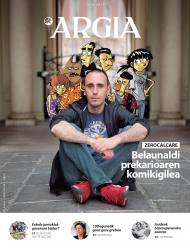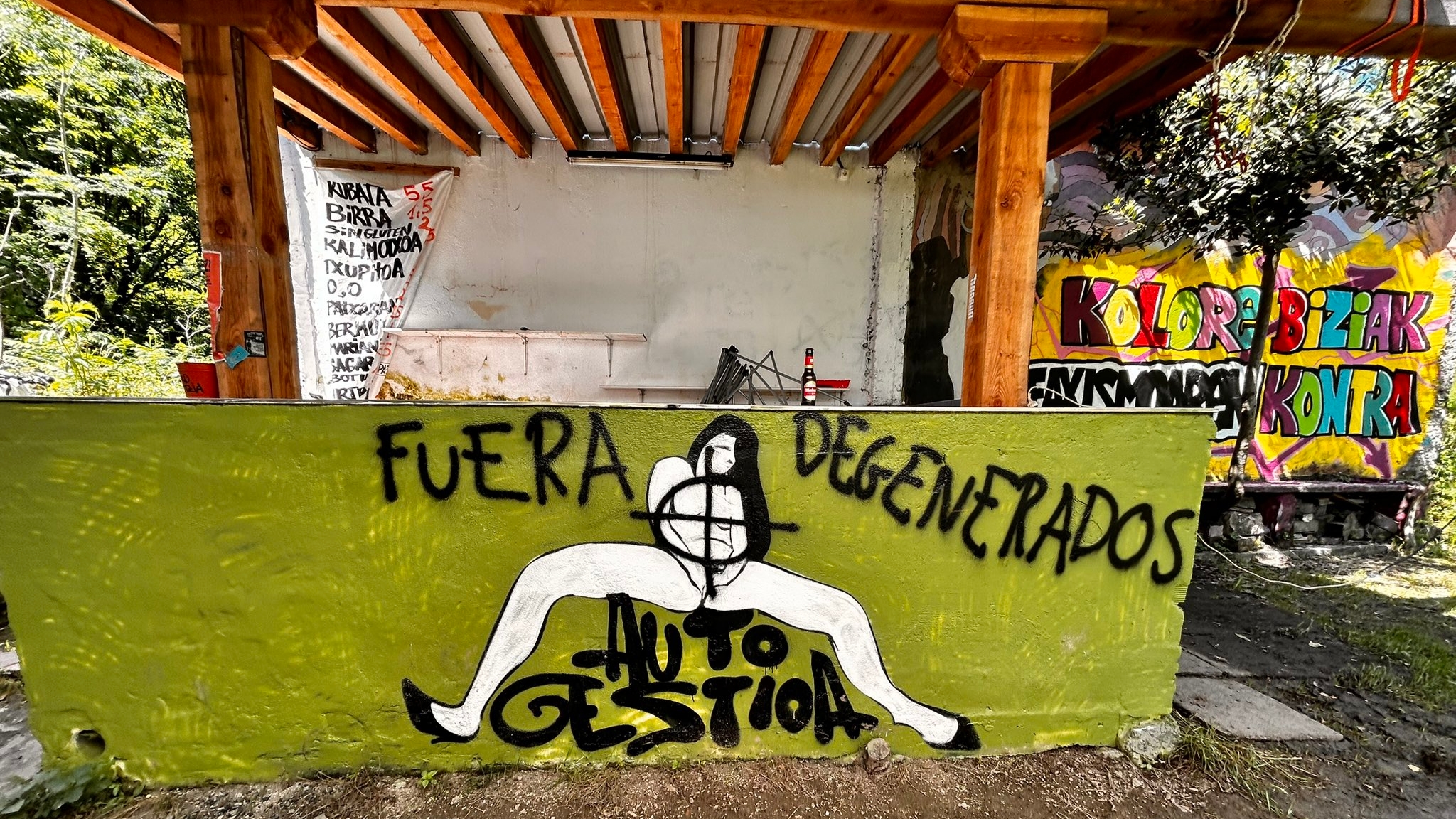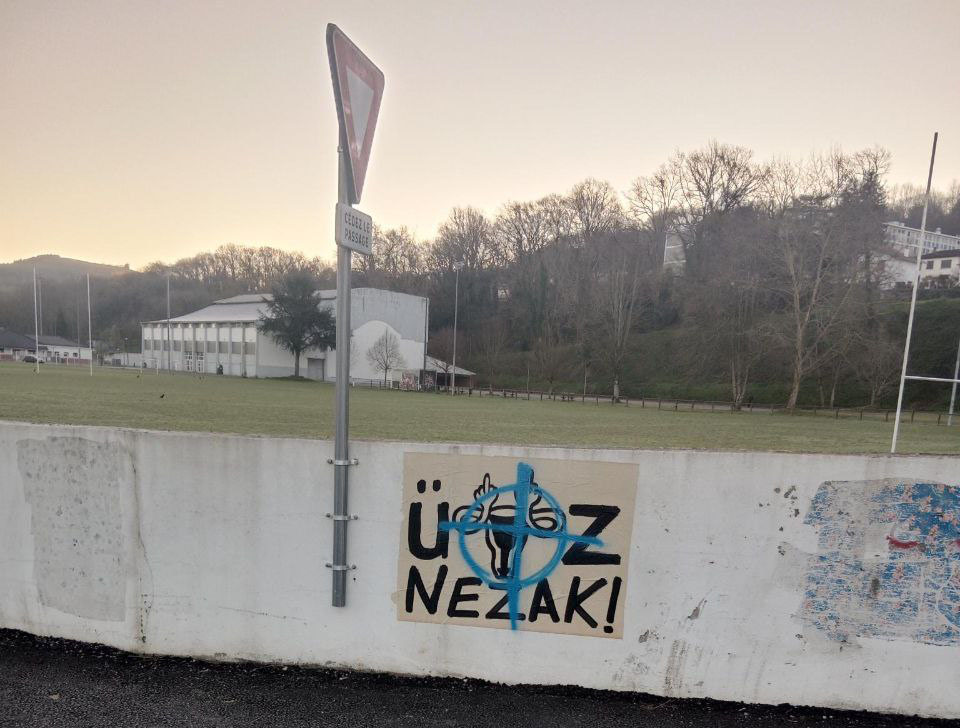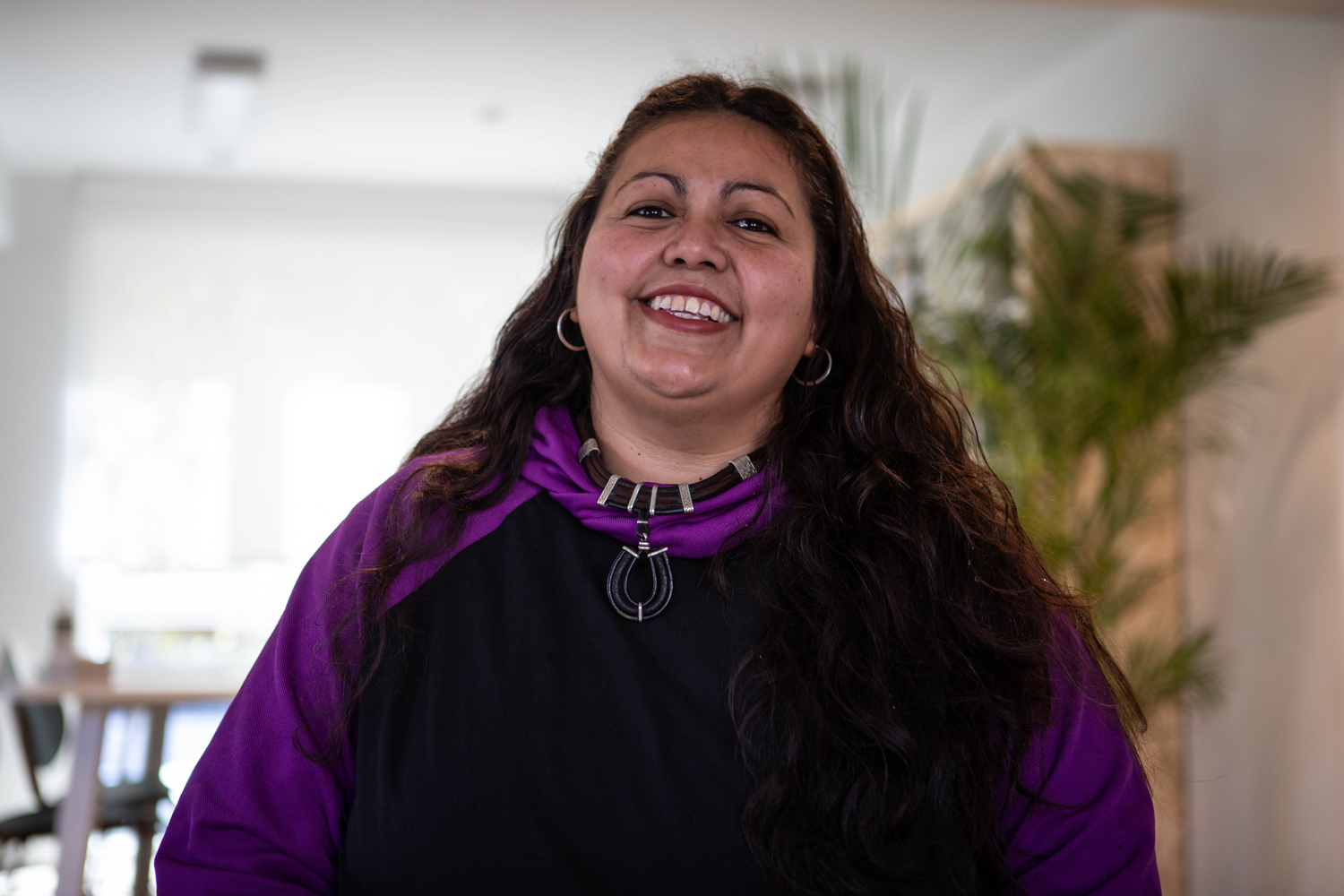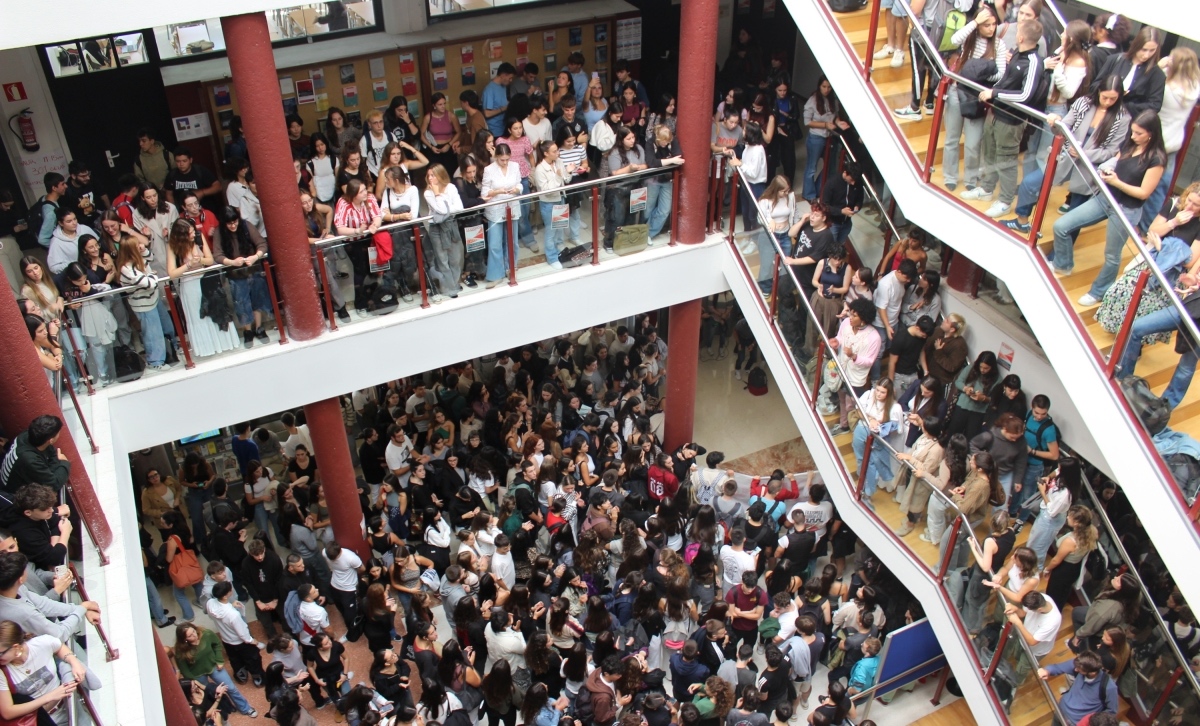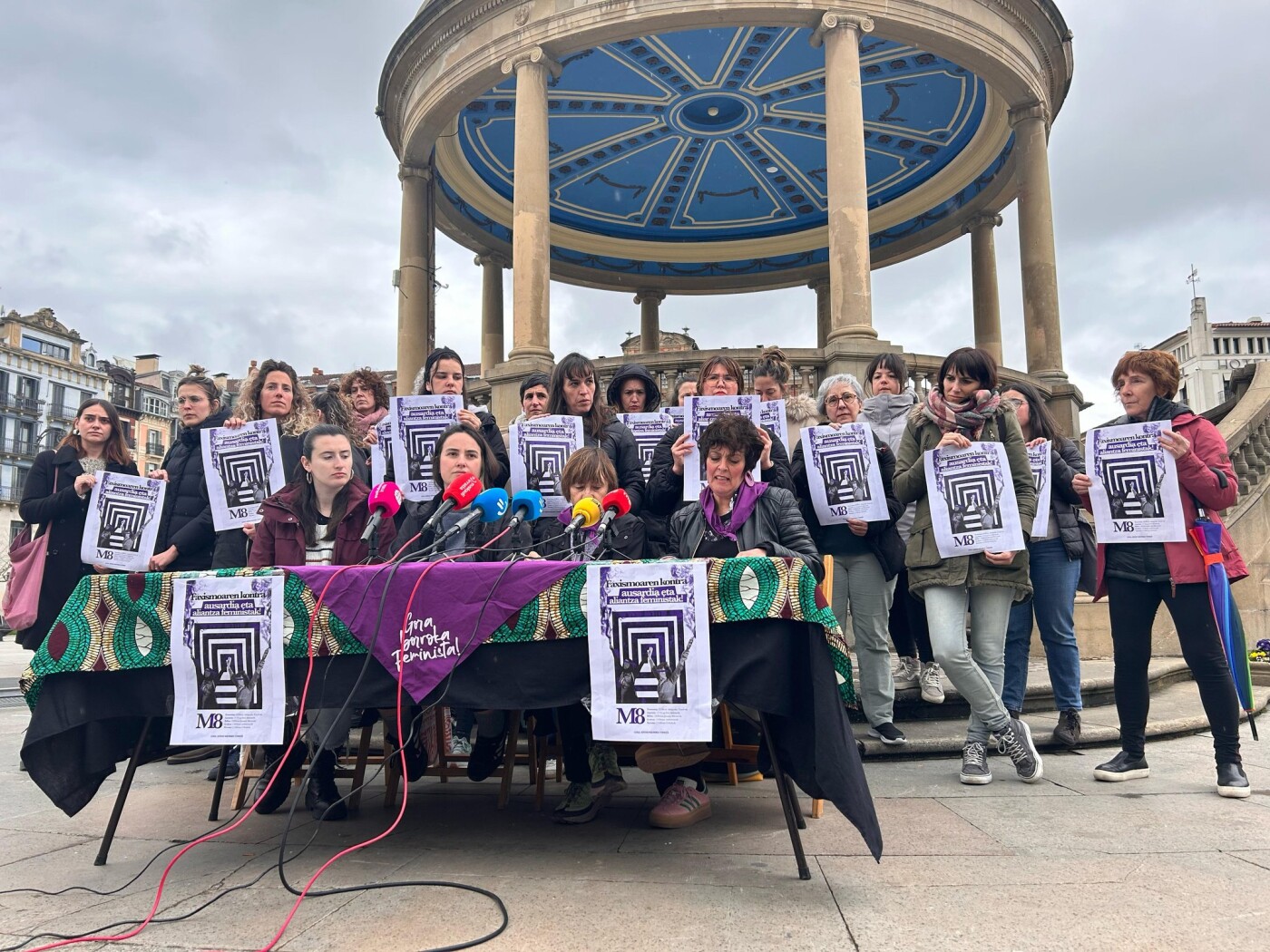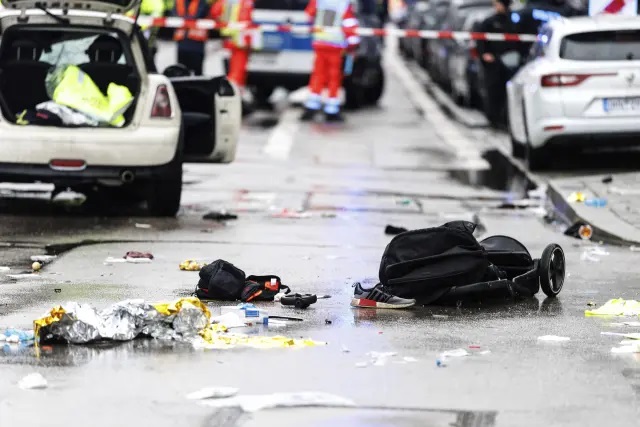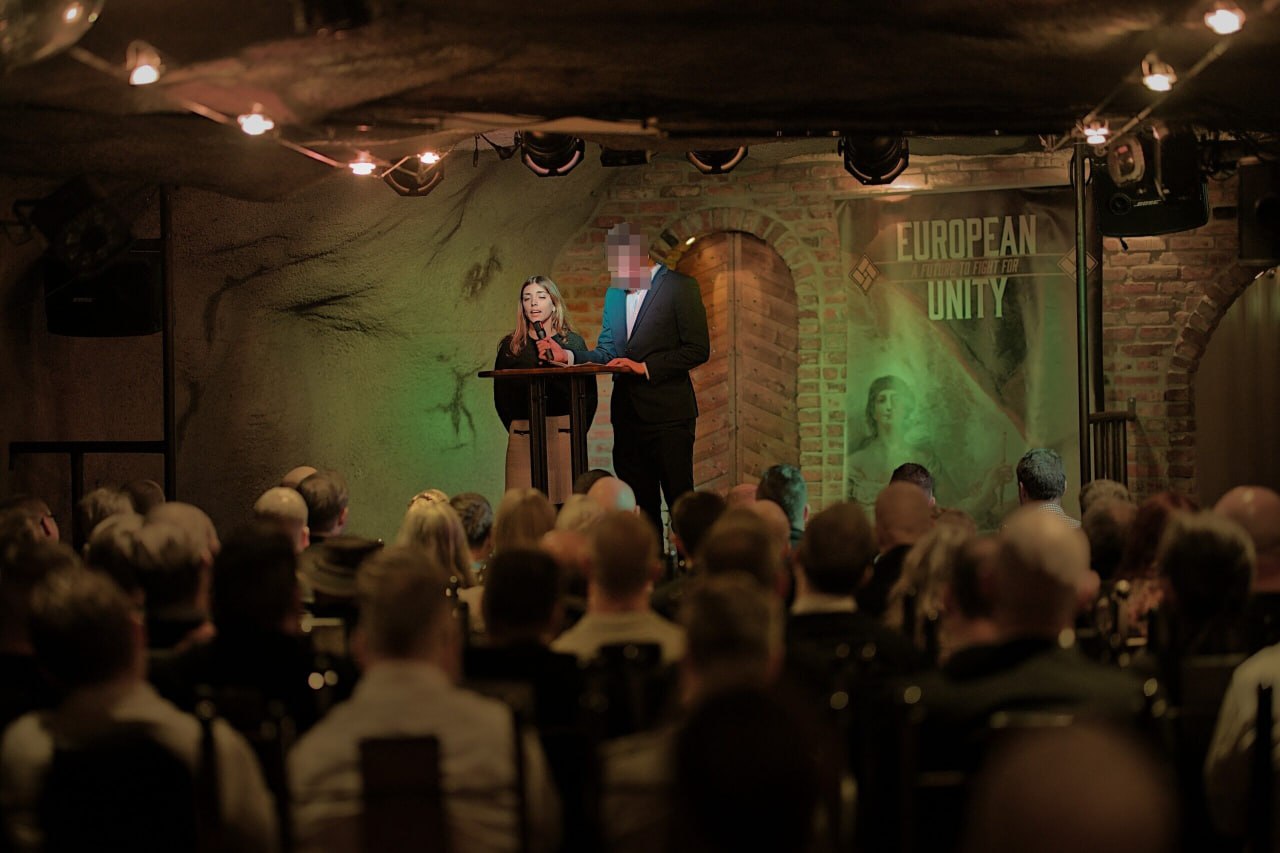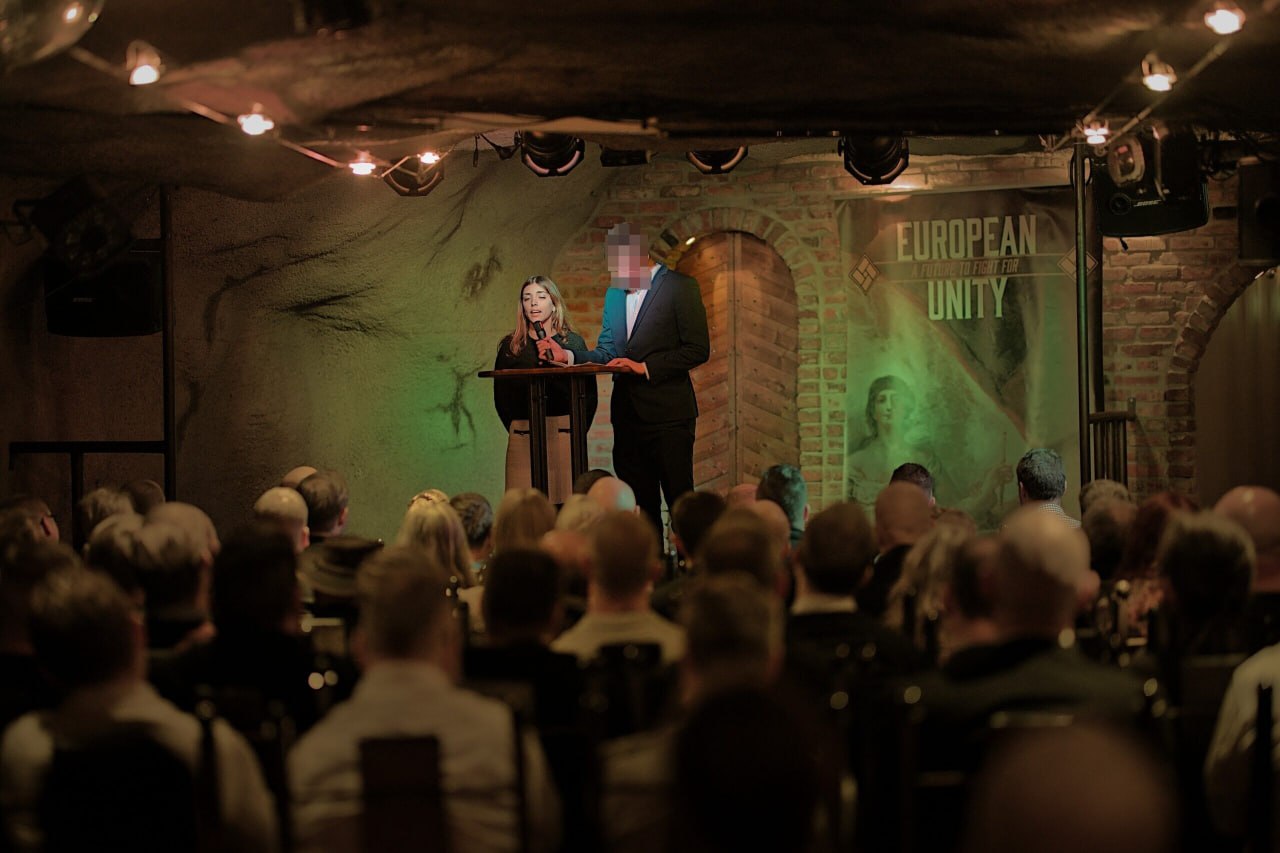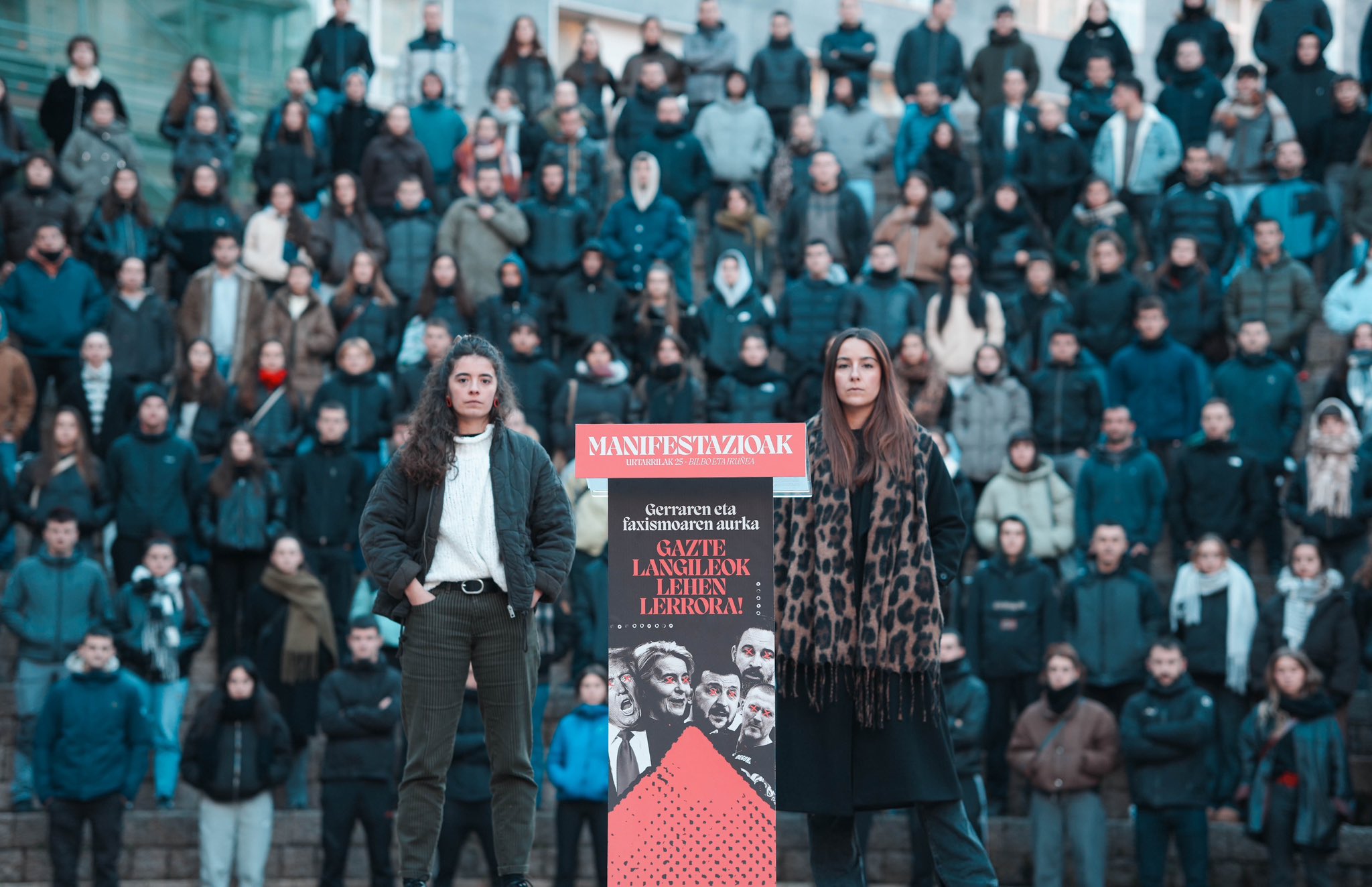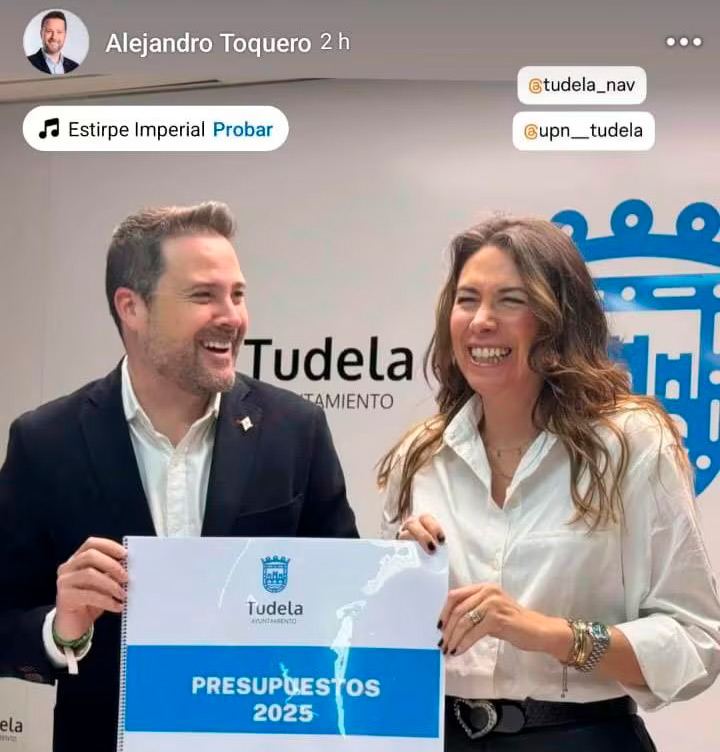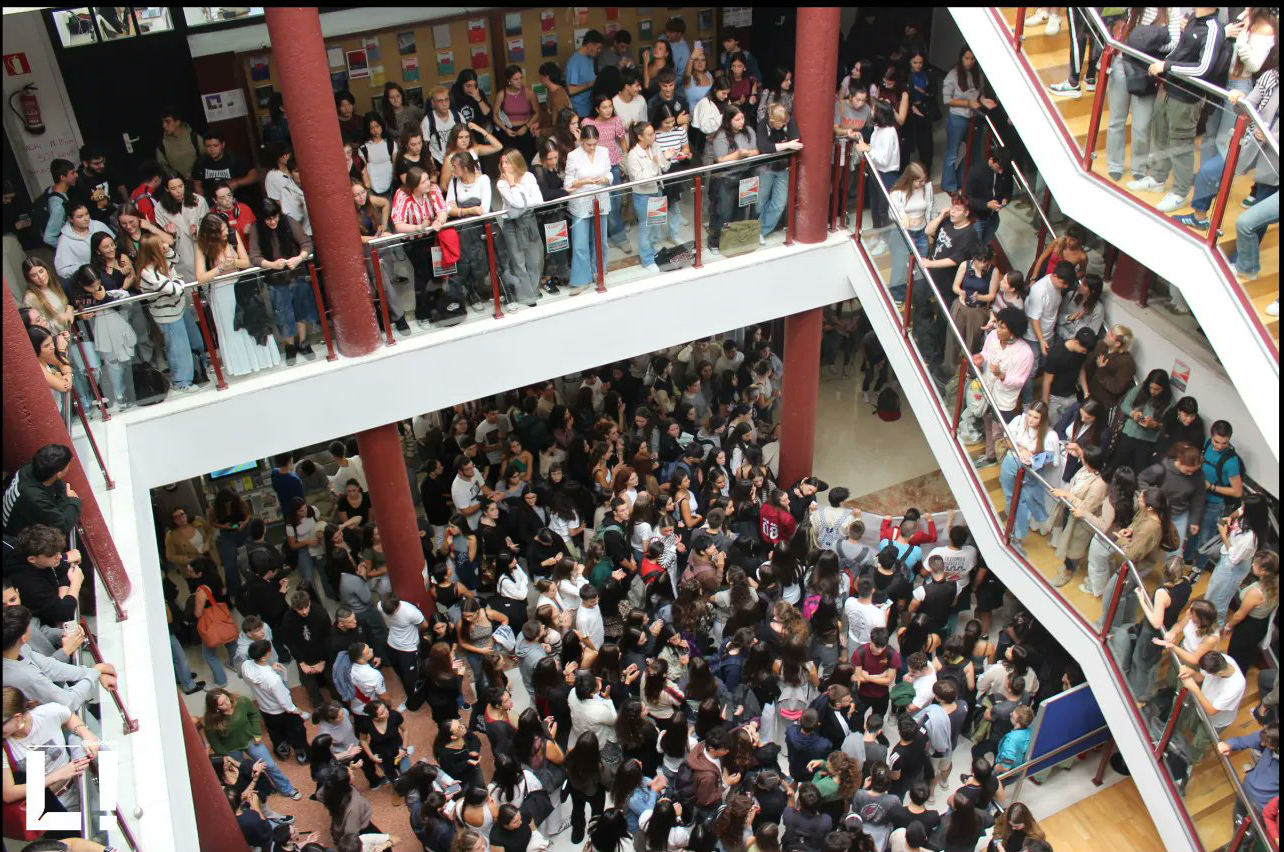Mato Grosso del Sur, Brazilian Gaza of Bolsonaro
- Mato Grosso do Sul represents the national intention that ultraderechist Jair Bolsonaro wants to implement in Brazil. Being the main exporter of soy and meat, the struggles for land use are here more violent than anywhere else, in which the poor black and peasants brought by the natives and colonialism for thousands of years clash, and on the other the great predators of land that are enriched with the agro-industrial industry.
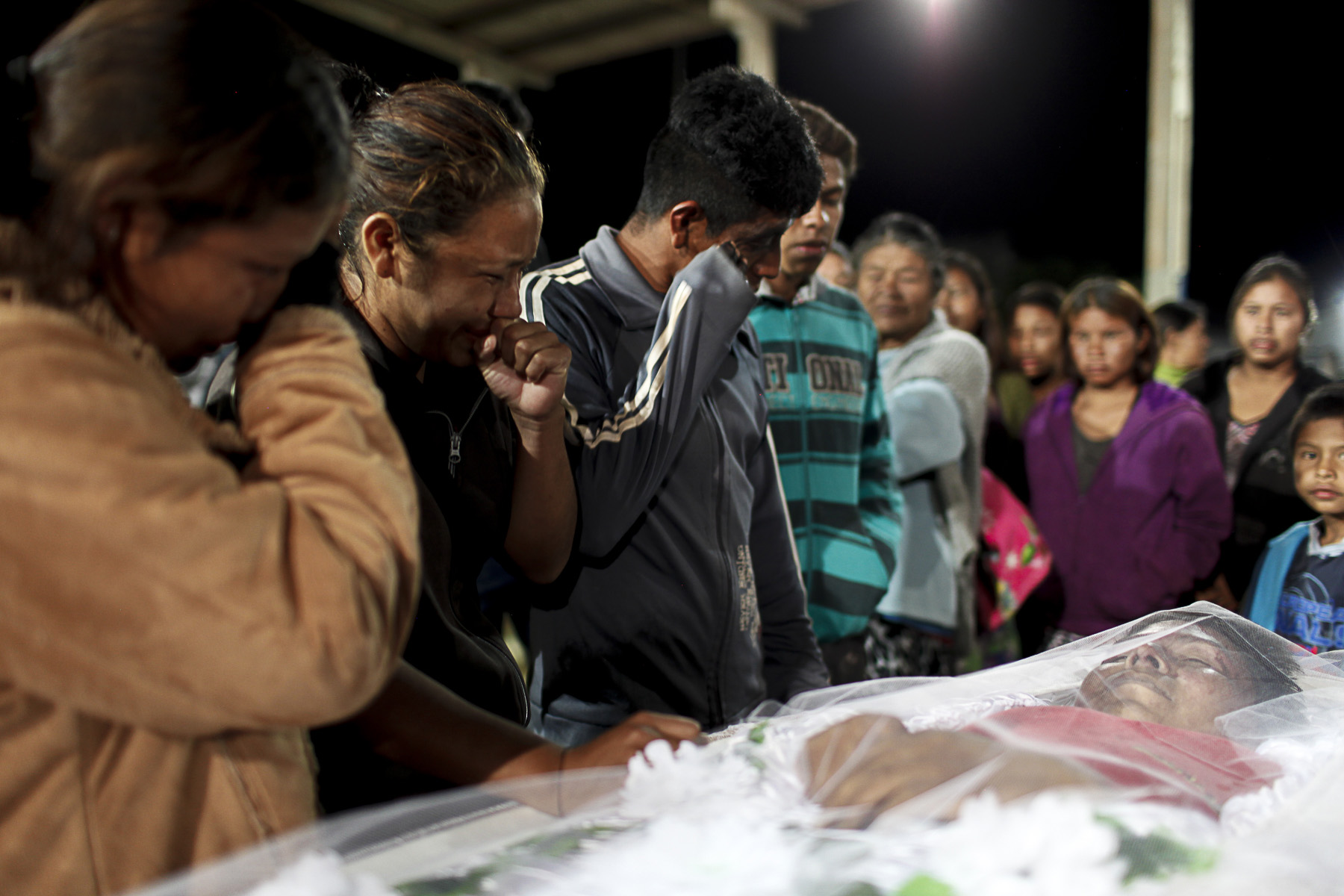
In southwestern Brazil, the southern state of Mato Grosso has 2.3 million inhabitants on an area equal to 18 Basque Country (358,000 km2). With its tropical climate and savanna vegetation, it has organized all its economic activity in terms of export, both agricultural (soy, corn, cotton, rice, sugar cane... more meat cattle) and mining (iron, manganese, lime...).
“Mato Grosso del Sur is the bone embodiment of Brazil that Bolsonaro dreams of. In other words, it is Mato Grosso who comes to us Brazilians with the new lehendakari”. They are words of anthropologist Oiara Bonilla in the analysis “The time of the possible in Brazil before the ultraderecha” that he has published in the Terrestrial magazine. Let's summarize it here.
“No more than a centimeter of land for the indigenous!”, Jair Bolsonaro shouted earlier this year in the city of Dourados in Mato Grosso before meeting with the large landowners of the area’s land. Thus he reaffirmed his promise throughout the electoral campaign to dismantle indigenous lands and quilombolas upon their arrival in Lehendakaritza, along with the people who live there: “They do nothing, they do not even serve to make children and the state costs a fortune.” [Quilombola: a property organized by former black slaves fueled, managed in Auzolan, today considered as an indigenous community].
In his speech by Dourados, says Bonilla, Bolsonaro said that his mandate will focus on land management and the environment: disdaining the different ethnic groups and cultures, an attempt will be made to reverse all that Brazil has advanced in social rights in the last three decades, as well as in the international treaties signed by Brazil on the environment and the rights of peoples of origin.
It also sent a message of complicity to the so-called ‘Agribusiness’ representatives of the agro-industrial industry. The absolute majority of the Brazilian Parliament known as Bancada BBB consists of: Bala, representing Boi (ox) and the Bible, guardians of military interests, large landowners and evangelical Christians.
Mato Grosson is one of the hearts of the Brazilian agrobusiness, based on extensive farming fields organized for export, destroying the environment and the network of small farmers. To do so, they have concentrated large tracts of land in a few hands, often at the hands of the indigenous people, in other words, bringing down forests, filling them with chemical fertilizers and pesticides, contaminating rivers, streams and groundwater, and eliminating fish as hunting pieces. The Amazonia Real Association estimates that 3% of the population is directly contaminated with pesticides, many of them children and adolescents.
The big ones jump here with more force than anywhere else to steal the land. Half of the indigenous leaders killed in Brazil in the last 15 years have been published here, according to estimates by the Indigenous Indigenous Council Missionário. In the 19th century, Amerindians were stripped of their lands by the system and handed over to white settlers. At first to grow the grass mate, then for livestock. Guarani and Kaiowa were reduced to small reserves. Soon these reserves were filled with people, with high rates of alcoholism and suicide.
Minorities: either to bend or destroy
Guarani and Kaiowa began to reinvade their lands in the 1970s, organizing the so-called uprisings. These areas, which are to be declared state-owned, are generally fields sown with weed, marginal or adjacent to the fences of large farms, occupied and conditioned by the Indians for the breeding of mandibulas, corn and medicinal herbs. They are similar to the occupations carried out by the landless baserritars of the MST claiming the reform of rural land.
Lately, however, the owners of large farms have begun to face the occupants by their own hands. In 2013, they organized an auction, and with the money they raised, a private militia was organized to crush the occupations of the rethats. Armed attacks on poor farmers of the ethnic groups of Guaraní, Kaiowa and Teren have multiplied. In the summer of 2016, in the village of Caarapó, the militias surrounded a camp and killed a young man, causing several injuries of varying consideration.
This attack is contained in the documentary Retome Te’ykue of the Ascuri ethnicity. At the beginning of the film you can hear Bolsonaro, then deputy, announcing that if in 2019 he is president the owners will be able to shoot their occupants.
But in addition to private militias, state police have also participated in the crushing of poor indigenous people, as other videos show: police arrived with helicopters that have destroyed gardens and artillery as shelters and drive people out, firing people with rifles ... These images recall, to a small extent, the attacks perpetrated by police and military forces in the favelas of Rio de Janeiro, which mostly target black youths.
The indigenous people, the quilombolas, those who have an ancestral life – seringueiros that collect latex, castnheiros that collect nuts…– or by attacking the landless peasants, Bolsonaro claims for himself the Criolla society, which since the 19th century is the base of the nations of South America, trying to diffuse and bleach the influence of African-Americans.
The economic and social model of the Creole Elite has always needed cheap and royalty-free labor, and today also, as demonstrated by the slave labor that still exists in the Brazilian manufacturing industry. The government of the Workers' Party (PT), says anthropologist Bonilla, although he has tried to establish a fairer social system in the logic of the State that distributes wealth, he has not managed to escape the claws of the apparatus of the State and has turned to the interests of the Brazilian economic and social elite. However, the elites closed the PT experiment.
Bolsonaro repeated: “Brazil is for most. Minorities, or they adapt or disappear!” Another anthropologist, Eduardo Viveiros de Castro, understands his words as follows: “Today there is a war against the Brazilian Indian peoples, and the State unashamedly helps the aggressors, although their obligation would be to preserve the indigenous and other peoples, despite calling them euphemistically ruralists, from the attacks of the truly agro-industrial bourgeoisie and of the international capital. But there was also the fascist part of the middle class of the cities: that fascist part that went quite unnoticed in the previous elections has been instrumental in bringing Bolsonaro to power.”
Euskal Herriko Mugimendu Feministak aurtengo Martxoak 8ko mobilizazioak "faxismoaren, erreakzionarismoaren eta zapalkuntzaren aurkako aliantzak" ehuntzean ardaztu ditu.
Kepa Kortak Naiz-en idatzitako “Musikariaren jakituria” artikuluan faxismoa definitzeko... [+]
Martxoak 8an egindako pintaketak gainetik margotu dituzte ikur faxistekin Zuberoako hiriburuan. Horren aurrean elkarretaratzera deitu dute, astelehenean.
Martxoaren 8a Getxo bere bizitokian igaro du: kumbia dekolonial eta antiarrazista topaketa antolatu du Algortako Herriko Tabernan, Abianen, Hija del Nopal DJrekin batera.
Argentinatik Getxora migratu zen Celeste Agüero, kantutegi herrikoi batekin eta poesia xuxurlatzeko... [+]
Leporaturikoa ez onarturik, eta sare sozialetako kontuak "lapurtu" zizkiotela erranik, salaketa jarri zuen Arabako campuseko Farmazia Fakultateko irakasleak. Gernikako auzitegiak ondorioztatu du ez dagoela modurik frogatzeko mezu horiek berak idatzitakoak diren ala ez.
Martxoak 8a heltzear da beste urtebetez, eta nahiz eta zenbaitek erabiltzen duten urtean behin beren irudia morez margotzeko soilik, feministek kaleak aldarriz betetzeko baliatzen dute egun seinalatu hau. 2020an, duela bost urte, milaka emakumek elkarrekin oihukatu zuten euren... [+]









